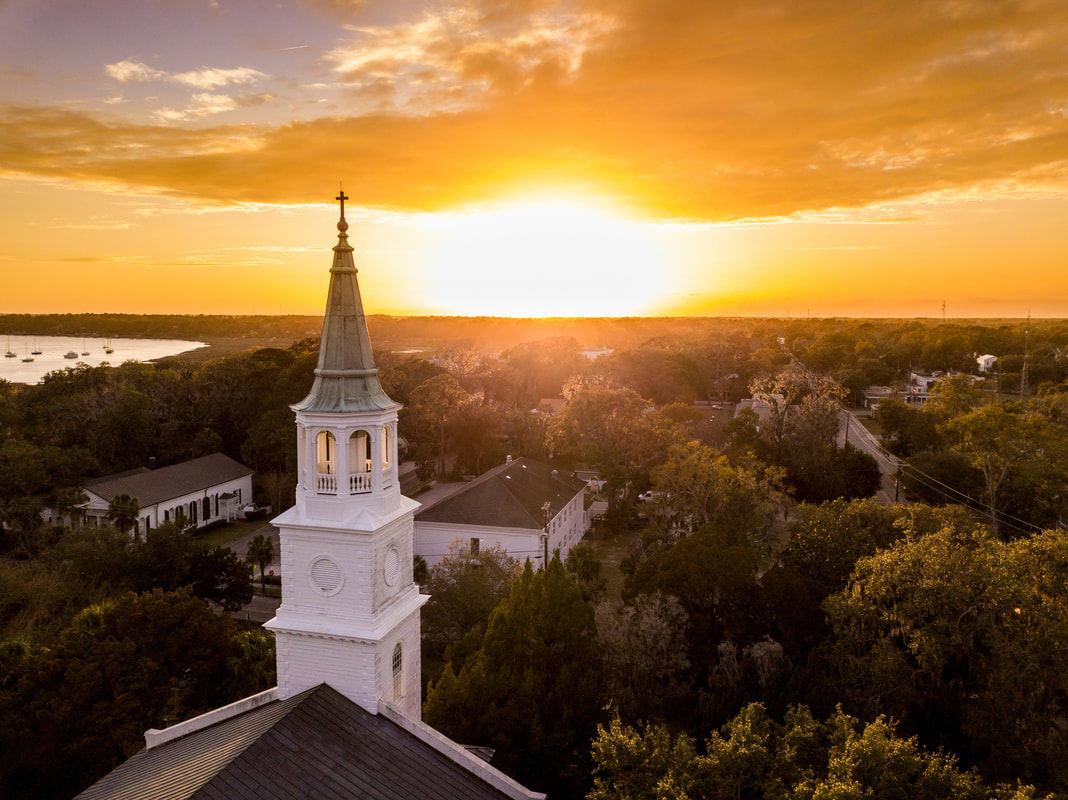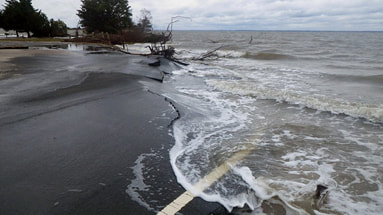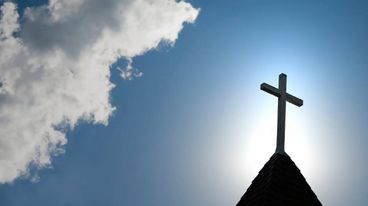Protestant churches, which includes "mainline" Protestant denominations as well as the Anglican (Episcopal), African American, and other church traditions, together with Orthodox Communions, express their collective unity in Christ under the auspices of the National Council of Churches USA. These churches vary greatly in their theologies, styles of worship, organizational structures, and approaches to social issues. Yet within and enriched by this diversity is a strong commitment to service and advocacy on behalf of the earth and its people. The response of these churches to our environmental challenges has been both religiously creative and morally powerful. From the beginning, these churches have insisted that social justice and environmental concern be held together and together they coined the phrase "eco-justice." These churches have sought to incorporate this integral vision into every facet of their religious life.
Many Protestant and Orthodox churches have long histories of engaging on environmental issues. The theological and ethical basis for this engagement encompasses the following Biblical teachings: God is the Creator and owner of the Earth; Creation is good; God is involved in and cares for Creation; Humans are interdependent with all other creatures; Humans have a special role and responsibility in Creation. Their guiding ethical principles include: stewardship, concern for those in poverty, justice, solidarity, interdependence, and sufficiency.
Mainline Protestants, Peace Churches, and Historically African American Churches have strongly and consistently supported environmental concern and action as an extension of their active witness to the biblical values of peace, justice, and service. Eastern Orthodox Christians have illuminated the spiritual and moral dimensions of environmental issues with their rich theological, liturgical and spiritual traditions in which Creation and redemption, humanity and nature, are profoundly integrated. In a similar vein, African American churches have used environmental racism and injustice as an entry point for their congregations and congregants.
Leaders
|
Each denomination and Orthodox communion has its own basis and process for determining its official positions. There is no single, authoritative statement. However, in February 2005, a group of theologians convened by the National Council of Churches USA gathered to create an ecumenical statement on the environment. The statement covered the topics of justice, sustainability, bio-responsibility, humility, generosity, frugality, solidarity, and compassion.
|
Creation Justice Ministries (formerly the National Council of Churches Eco-Justice Program) represents the creation care and environmental justice policies of major Christian denominations throughout the United States. We work in cooperation with 38 national faith bodies including Protestant denominations and Orthodox communions as well as regional faith groups, and congregants to protect and restore God's Creation.
|
Faithful Resilience:
Mapping the Climate-Church Crisis
|
In light of the predicted sea level rise by the National Climate Assessment and by utilizing data from the National Oceanic and Atmospheric Administration Office for Coastal Management, Creation Justice Ministries created an interactive map that depicts how churches along the coast will be effected by sea level rise and hurricane storm surge, as well as the areas impacted by current and past wildfires throughout the United States. This project offers Christians a glimpse at the start reality we are facing and how climate change will impact our faith communities if we do not take action. CJM also prepared 'Faithful Resilience,' a guide for integrating teaching and action on climate resilience into your congregation.
|
Resources
|



